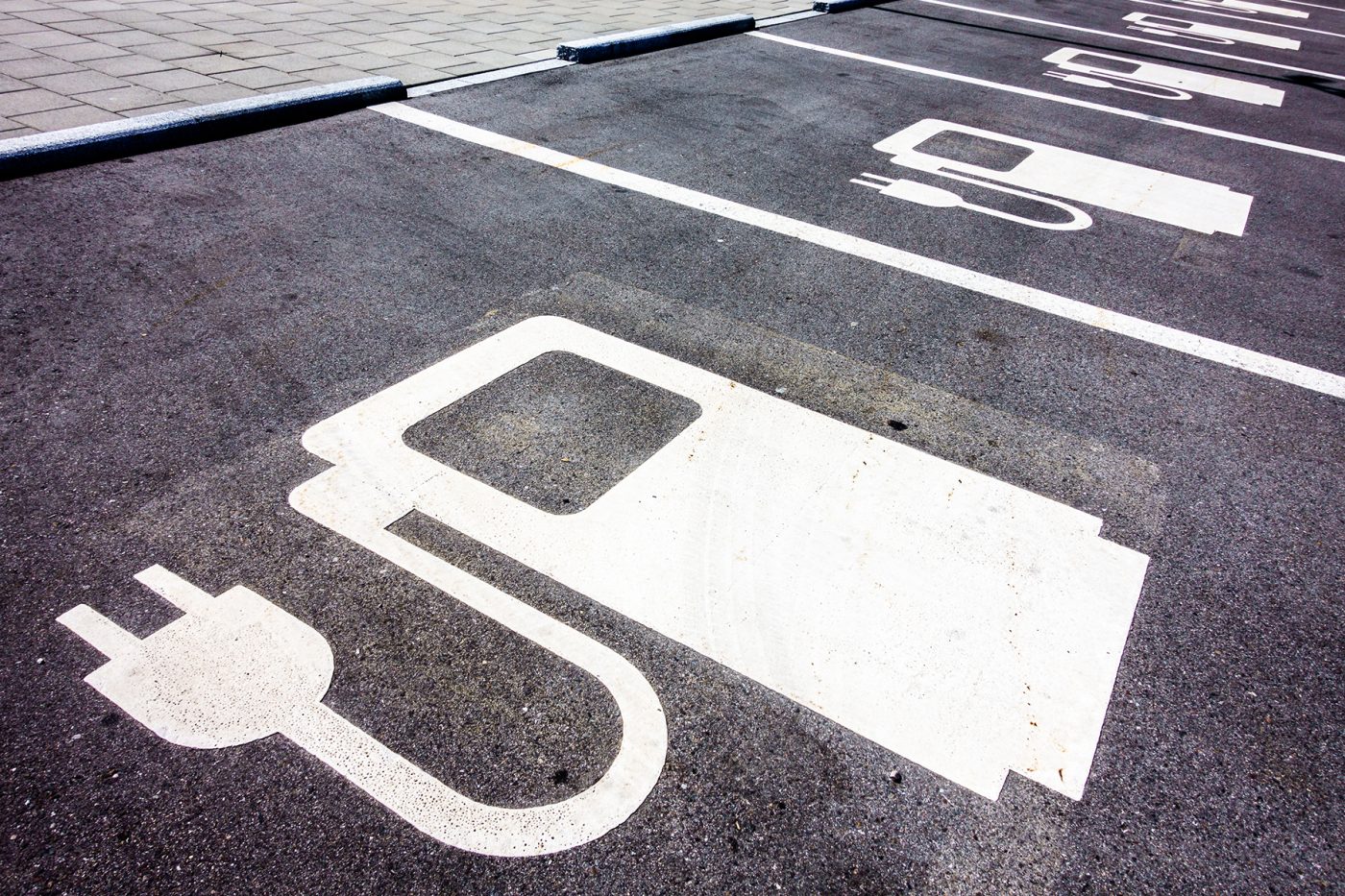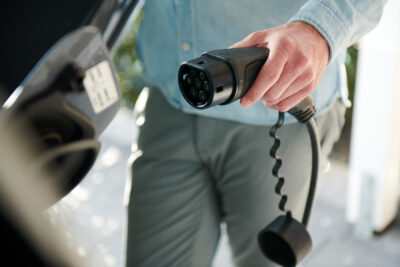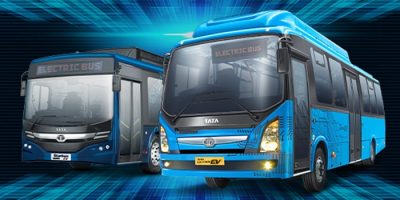Tug-of-war over motorway chargers: Fastned hopes for a quick ruling
A hearing before the European Court of Justice in the case of Fastned Deutschland and Tesla Germany against Autobahn GmbH was scheduled for 9 July. The hearing became necessary after the Düsseldorf Higher Regional Court decided in June 2023 to refer certain questions regarding the admissibility of amendments to existing concession agreements to the European Court of Justice for clarification.
When asked by electrive, the parties involved were tight-lipped about the course of the hearing. Requests for comment were either not answered or only with general, somewhat evasive statements. Fastned, for example, said: “We hope that the hearing before the ECJ on 9 July 2024 will result in a prompt decision by the court based on the competition principles of EU and German law. The Düsseldorf Higher Regional Court will then decide based on the ECJ judgement.” Only when asked did the Dutch company offer a brief assessment: “Now that the EU Commission agreed with our view, we are confident about the next steps. Our goal is a ruling in our favour and, therefore, in favour of all electric travellers.”
In other words, nobody wants to get ahead of the ECJ judges and go too far out on a limb. A ruling from Luxembourg is expected this autumn. The Düsseldorf Higher Regional Court, where the relevant case is being heard, will have to issue a judgement based on the ECJ ruling. That is not expected before spring 2025 – around two years after the initial lawsuit.
The background to the complex legal dispute is that more than 90 per cent of motorway service areas in Germany are operated by the franchise holder Tank & Rast. The contracts date back to the privatisation of the service stations in 1998. The focus of the legal dispute is a contract awarded by Autobahn GmbH to Tank & Rast two years ago for the installation of fast chargers at the motorway service stations. Tesla and Fastned sued because Autobahn GmbH had not initiated a formal tender process, and they, too, wanted to build charging parks on the motorway. The fact that the federal government has given its concessionaire Tank & Rast the space for charging points virtually free of charge also caused resentment.
“Autobahn GmbH and Tank & Rast reached an agreement in 2022 to extend existing concession agreements for petrol stations to include fast charging. This would maintain Tank & Rast’s de facto monopoly position at motorway service stations in the future, including when it comes to fast charging,” Fastned reiterates in the current statement. “We are contesting this agreement because we believe that the right to operate fast charging at German motorway service stations should be put out to tender freely and transparently for all interested market participants instead of being awarded directly to one party.”
Last year, when the Düsseldorf Higher Regional Court referred the fundamental questions to the ECJ, Fastned already stated that such an extension of the proceedings was not in the company’s interests – but the step was described as “procedurally necessary.” In March 2024, it became known that the federal government’s Autobahn GmbH and Tank & Rast had temporarily frozen the further expansion of charging points at motorway service stations. With the freeze, Autobahn GmbH wants to minimise the risk of an expensive reversal – if the charging stations built since 2022 are declared illegal.
This had some curious consequences. For example, Tank & Rast replaced old triple chargers that were at the end of their service life with new Alpitronic HYC300 hyperchargers. The 300 kW columns are limited to 50 kW charging power, so they fall under the previously applicable regulations. When the go-ahead is given for the initial electric truck charging network, the federal government will skip the managed motorway service stations for the time being, and it will make do with truck charging parks at unmanaged car parks until the matter has been legally clarified.
Source: Information by e-mail





2 Comments